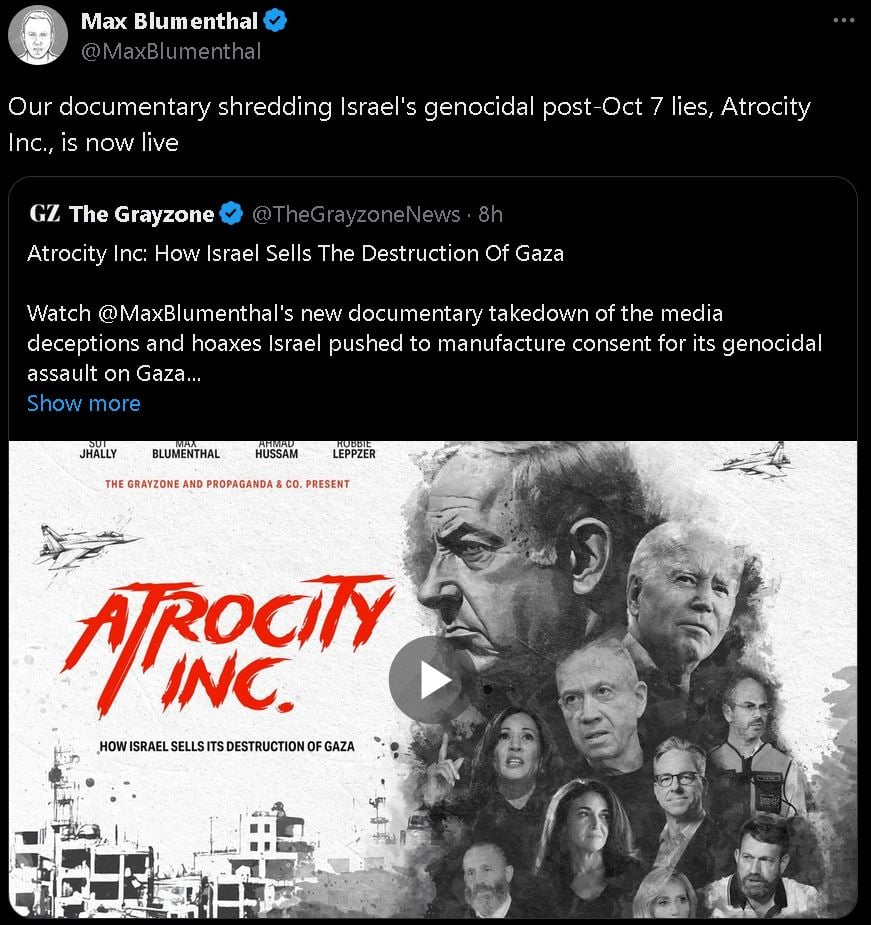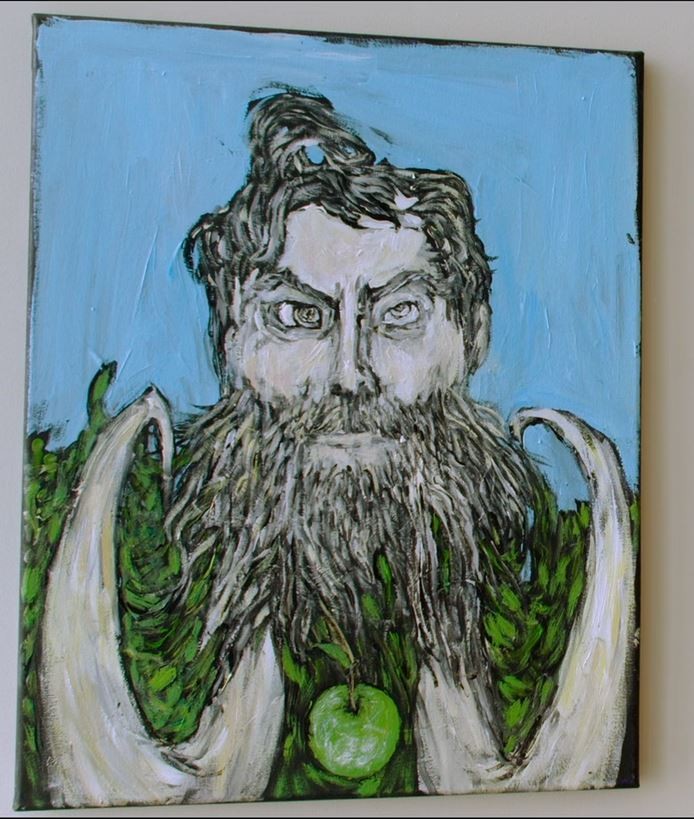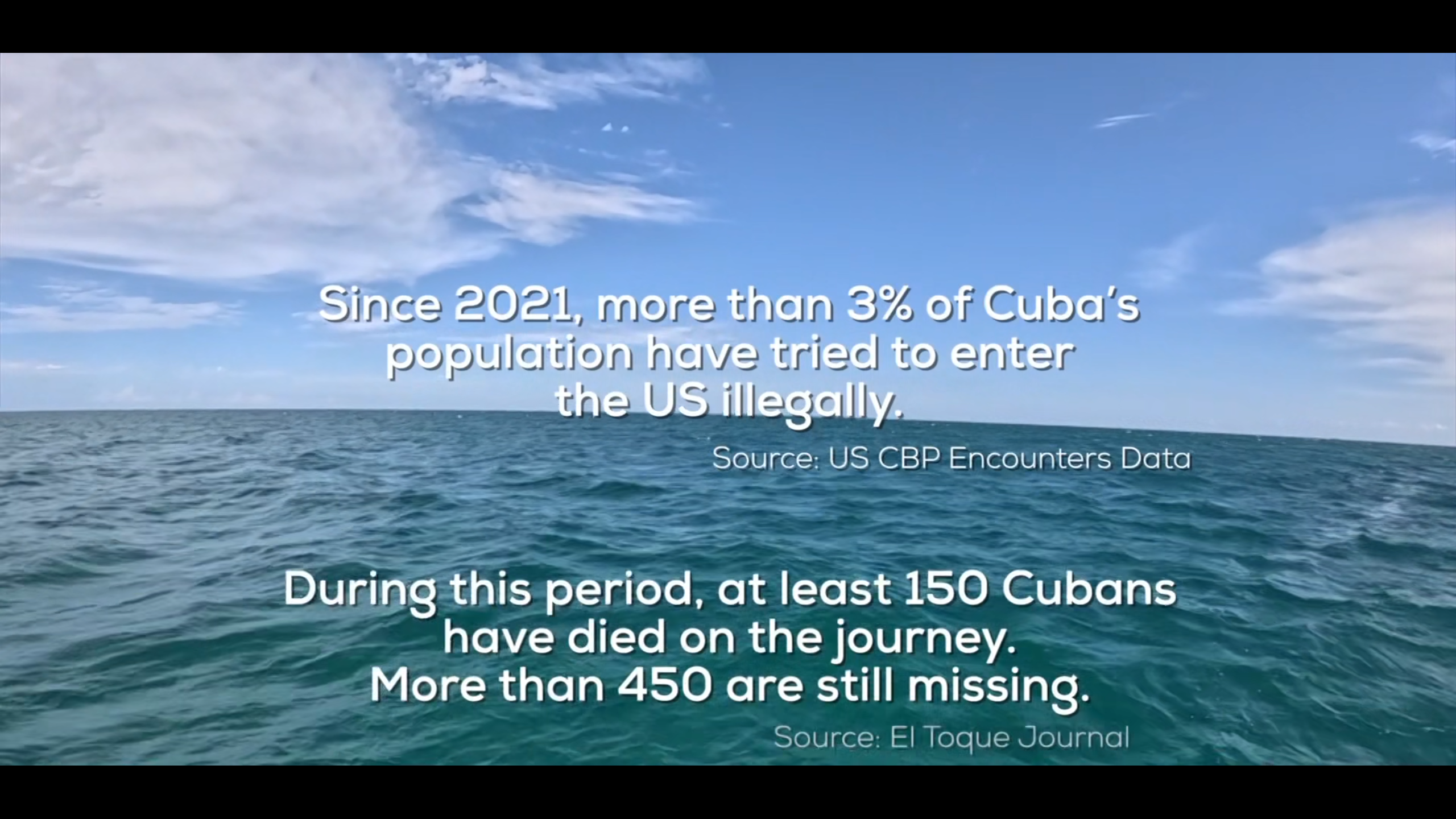I'm an enthusiast for public transit. Everyone buying two tons of steel and glass is simply not a sustainable transportation plan. It's helped bring us to the looming collapse of what's quaintly called 'western civilization'.
The National City Lines scandal is an aspect of this that most people are only peripherally aware of.
If you saw the film Who Framed Roger Rabbit?, you might remember that old-time Los Angeles had a fabulous streetcar system that went virtually everywhere in the metroplex. The movie's bad guys bought the streetcar company in order to shut it down, so people would need to buy cars and oil and build freeways instead. What Roger Rabbit forgot to say was, it's based on a true story.
In 1936, acting through proxy companies to keep things cloaked, General Motors established a new business called National City Lines (NCL). Also backed by Standard Oil, Mack Trucks, Phillips Petroleum, and Firestone Tire, NCL took control of numerous privately-owned transit systems all across America, simply to shut them down.
Clean, cheap, reliable streetcars were replaced with soot-belching city buses that run far less frequently and more slowly.
This documentary from PBS delves into the NCL scandal, and if any of the above is news to you, you should watch Taken for a Ride.
The filmmakers talk with old people (doubtless dead now) who were there as all this happened. Workers remember seeing their 'Rolls Royce' transit system obliterated, and an NCL exec admits that shutting the streetcars down was always the only plan.
NCL lost a lawsuit over it, so all this is factual, but there's also the argument that cars were becoming more and more popular anyway, so we would've lost America's streetcar infrastructure with or without GM's nefarious plot. I've been on the fence about that for long enough that the fenceposts are drawing blood out of my butt, but this line from fabulously bald former San Francisco Mayor Joe Alioto resonates:
"I cannot accept the argument that rapid-transit systems broke down because of their complete inefficiency to serve the public, because the experience of western Europe and Japan belies that argument. ...
"If it is true that the streetcar companies were breaking down of their own weight, why was it necessary for General Motors to join with Standard Oil and the [Firestone] tire company to go in and buy the systems and tear up the tracks?"
Other than that succinct quote and a new love for Alioto, I didn't get much from the film, but that's because of my head start — I've always gobbled up info on public transit. Heck, I've been aware of the NCL scandal since before Roger Rabbit.
Only half of the documentary is about NCL. After that, it's an overview of the disaster that followed — freeways and cars everywhere — which is also worth watching, and mourning over.



